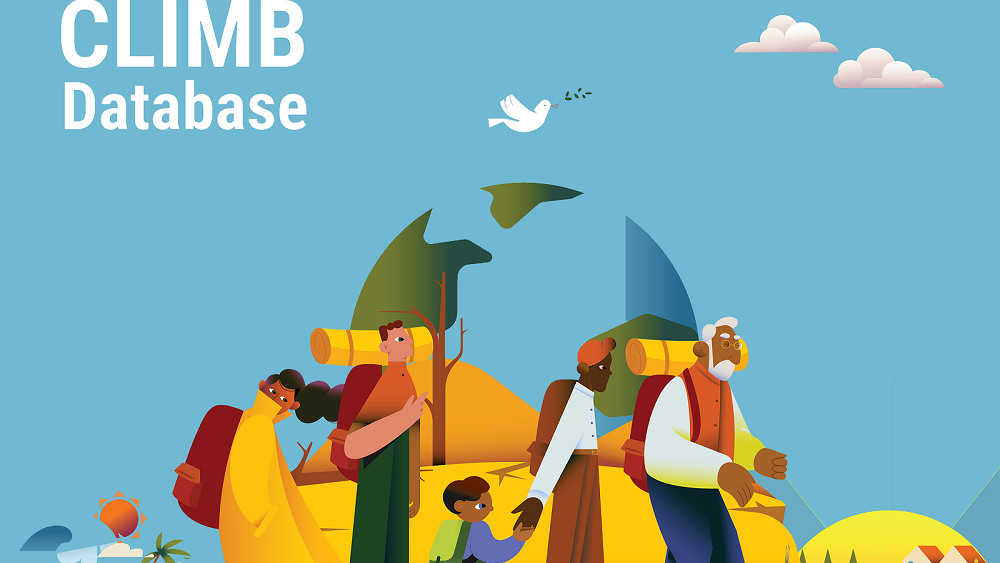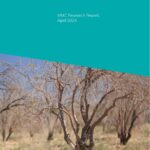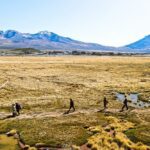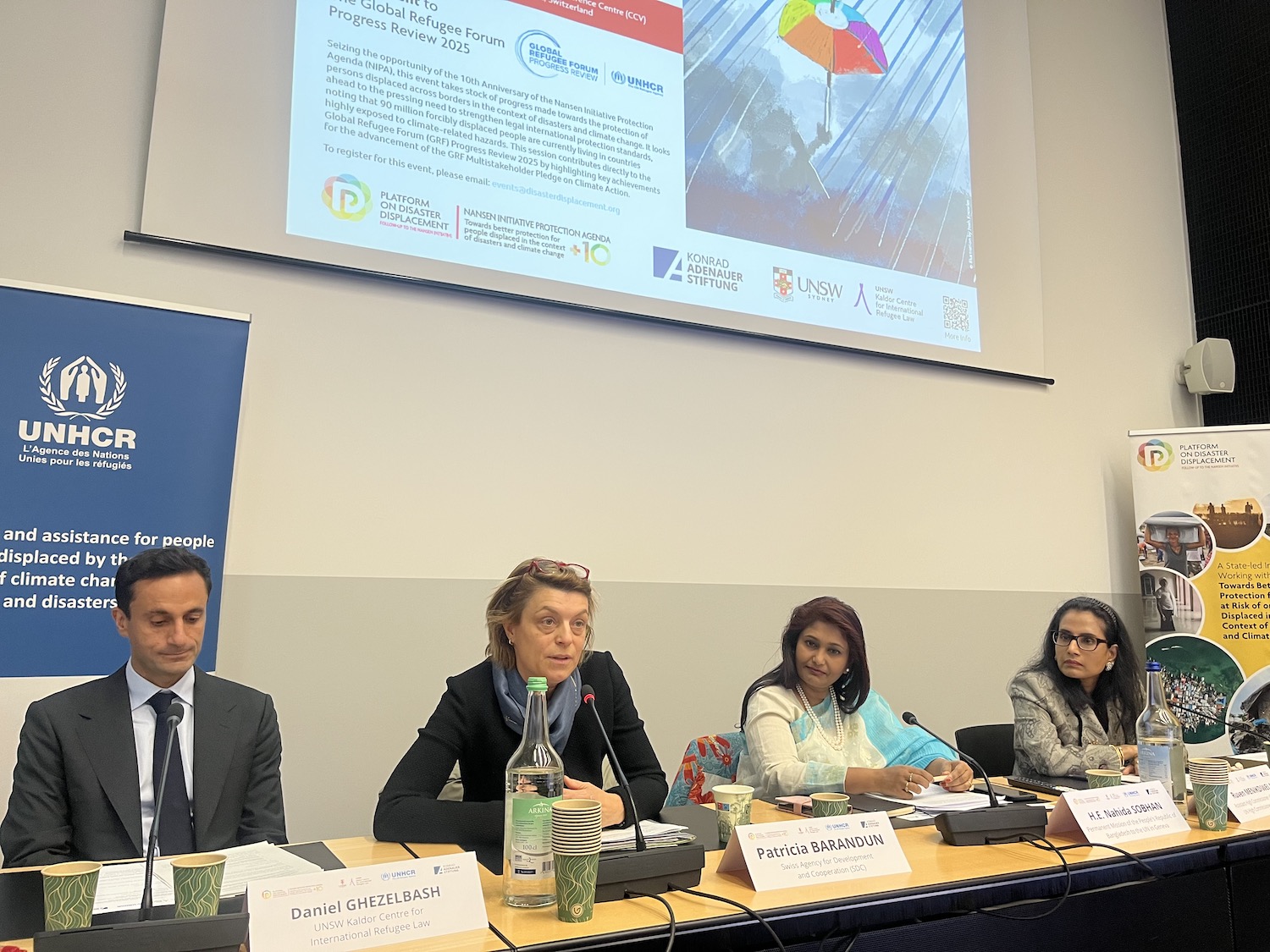Online Training Workshop on the CLIMB Database Conducted for Civil Society Organizations

27 March 2025 – Civil society organizations based in the Pacific, Latin America and the Caribbean were invited to participate in an online training workshop on the CLIMB database, the first comprehensive policies and practices tracking tool for climate-induced migration.
Building upon the outcomes of Phases I and II of the project “Implementing the Commitments Related to Addressing Human Mobility in the Context of Disasters, Climate Change, and Environmental Degradation”, Phase III aims to expand the impact and user base of the CLIMB Database.
In this context, the Platform on Disaster Displacement (PDD) and the International Organization for Migration (IOM) organized two training sessions for civil society organizations (CSOs): the first one based in the Pacific region and the second one for the Latin American and Caribbean region. These sessions focused on strengthening the use of the Database, a key tool for tracking legal and policy frameworks on human mobility in the context of disasters, climate change, and environmental degradation.
A Living Repository for Policy and Research
The CLIMB Database, launched in October 2023, serves as a dynamic and evolving resource that provides policymakers, researchers, and practitioners with valuable insights into policy and legal instruments addressing human mobility.
This online database compiles over 1618 policy instruments – including 1388 national policy instruments in 172 countries and 230 bilateral and/or regional policy instruments. Each of these instruments contains provisions of relevance to human mobility in the context of disasters, the adverse effects of climate change, and environmental degradation.
One of the key takeaways from the training sessions was the recognition that the CLIMB Database is a living document, that should be continuously updated to reflect the latest developments in policy and legal frameworks. Participants emphasized the database’s relevance not only for research purposes but also for states as they conduct their periodic reviews on the implementation of the Global Compact for Safe, Orderly, and Regular Migration (GCM).
Regional Discussions: Advances and Gaps
The training sessions included discussions on regional perspectives, highlighting both progress and gaps. In the Latin America and the Caribbean session, participants noted the significant number of references to human mobility in national and regional climate action instruments. However, they also identified key challenges, particularly in the availability of safe pathways and regular solutions for affected populations.
The Pacific session also highlighted accessibility and centrality of data related to policies and legislations. Discussions around the critical gap that exists around the availability of technical capacity to develop policies related to displacement in the context of climate change and disasters also took place. The session concluded with agreements on the growing appetite at the national level to develop climate mobility related policies and laws which warrants the need to make model policies and laws available to stakeholders to guide and inform the formulation process.
Facilitators and Collaborative Efforts
The training was facilitated by experts from the IOM, the PDD, and a dedicated consultant team including Mr. Diogo Andreola Serraglio and Ms. Fernanda Cavedon-Capdeville. The sessions provided practical insights on navigating and utilizing the CLIMB Database, as well as an opportunity for participants to engage in hands-on exercises applying indicators from the GCM review process.
This initiative is part of ongoing efforts by the IOM and PDD to enhance data-driven policymaking and strengthen the capacity of stakeholders working at the intersection of human mobility and climate change. The CLIMB Database continues to be a valuable tool for identifying policy trends, tracking progress, and fostering informed decision-making at the global and regional levels.







